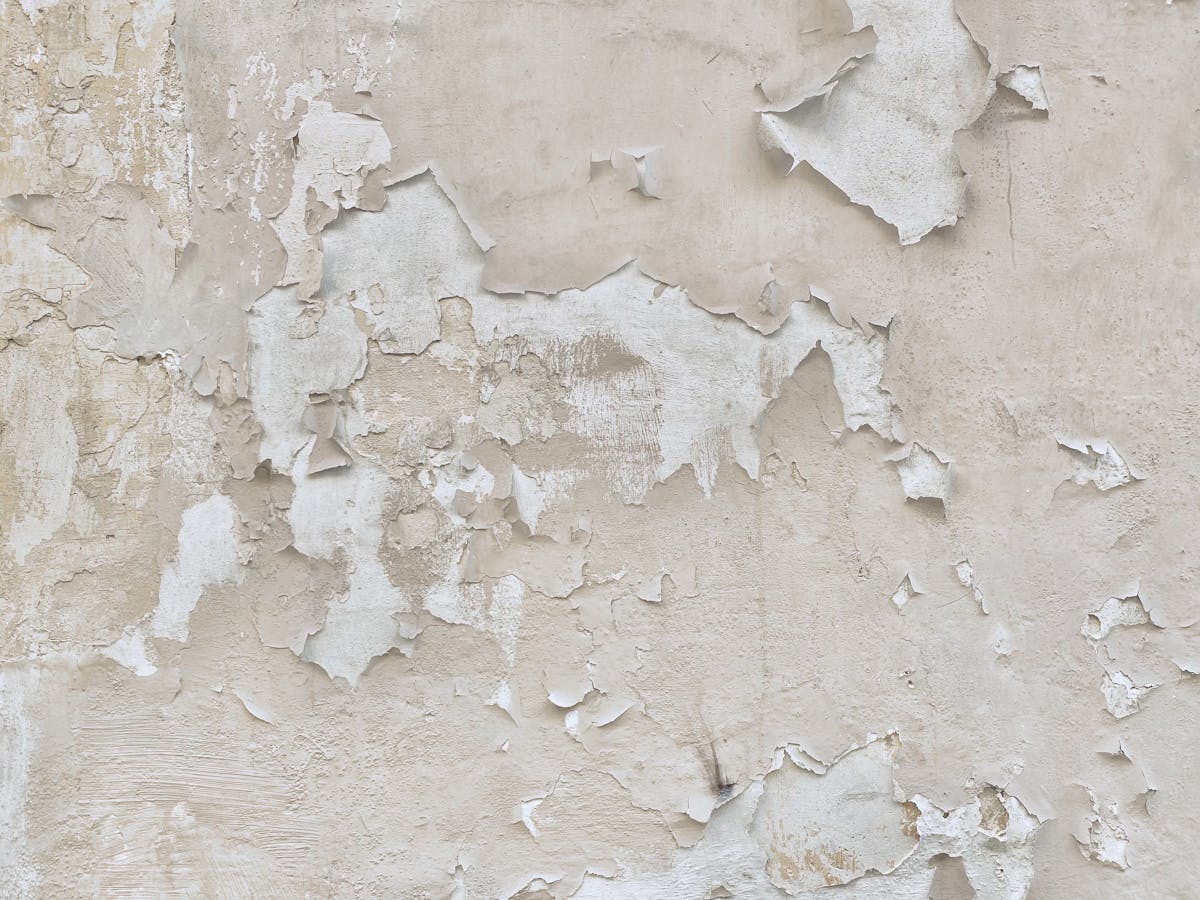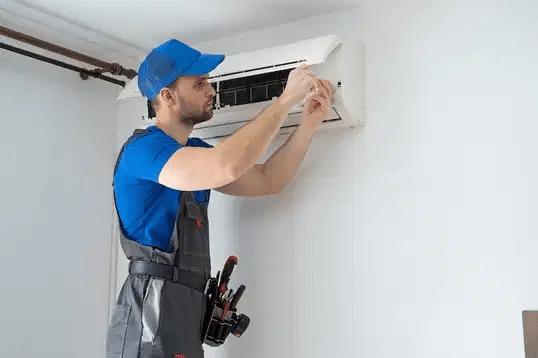Water intrusion into your home creates ripple effects that go far beyond visible damage. When water breaches your living space, it sets in motion consequences that can impact both your insurance coverage and your property’s market value.
Many homeowners only discover these connections when facing a claim denial or a disappointing offer from potential buyers. The relationship between water damage, insurance policies, and property valuation deserves careful attention from every homeowner.
Here’s what you need to know about how water incidents influence your insurance protection and your home’s worth in the real estate market.
Increased Insurance Premiums
Water damage to your home typically results in higher insurance rates. After a claim, insurance companies tend to raise your rates since they now view your house as riskier. This problem affects both current homeowners and future buyers since the claim history stays with the house, not the owner.
Getting a water damage restoration company involved quickly can help keep these increases smaller by preventing extensive damage. Some homes with repeated water problems become so expensive to insure that they become difficult to sell at all.
Limited Coverage
Home insurance puts very strict parameters around what kind of water damage it will cover. Sudden events like burst pipes may be covered, but gradual leaks that happen over time are not.
When you make a claim, the insurer might send someone to determine if regular maintenance would have prevented the problem. Even when you buy extra coverage options, there are still limits on how much money the insurance company will pay to fix water damage.
Claims Denials
Insurance companies will often turn down water damage claims for common reasons. They tend to refuse payment if they find out you ignored maintenance issues like leaky faucets or aging roof shingles. Working with a water damage restoration company can help you track what happened and when, so it’s harder for insurers to deny valid claims.
Reporting problems as soon as possible is important. Understanding your policy before disasters happen prevents any surprises when you need financial support to repair things.
Impact on Resale Value
Water damage directly impacts what buyers will pay for your property. Problems like stained ceilings, warped floors, or a mildew smell immediately worry potential buyers. Even after a repair, most people are still worried about hidden problems that may resurface later.
Home inspections tend to catch signs of past water problems, which lead to buyers requesting lower prices. Houses with a history of water damage typically take longer to sell than similar undamaged homes. Quick, professional cleanup and repairs give you the best chance of maintaining your home’s value.
Mold Growth Concerns
Water damage usually leads to mold damaging your property value more. Mold begins to grow rapidly after water exposure, typically spreading before you can notice it. In addition to looking unsightly, mold poses health issues that discourage potential buyers. Minor leaks are sufficient to provide moisture for severe mold problems to develop.
Professional mold removal is necessary since inappropriate treatment typically leaves invisible spores that re-grow when conditions are favorable. Buyers are particularly cautious about houses with any history of mold issues.
Structural Damage
Water slowly deteriorates the essential components that keep your house intact. It warps wooden beams, rusts metal connectors, and can even cause cracks in concrete foundations. These issues accumulate over time, eventually leading to sloping floors, broken walls, and sticking doors.
Fixing structural damage is much more costly than repairing minor water damage early. Water that finds its way to your foundation is especially serious, even causing movement that affects the entire building. Regularly checking for water problems catches such issues before they turn into a major expense.
Tips for Water Damage Prevention for Higher Property Value
Now that you’ve got an idea of what water can do to your property and insurance, let’s look at some tips to protect your home from water issues:
Inspect the Roof and Gutters
Your roof is your first defense against the weather, so inspect it on a regular basis. Look for damp areas in your attic and check for water stains on the ceiling. If you notice anything out of place, call in a professional. In addition, clear your gutters year-round to prevent water backup, especially during winter months when ice can build up.
Check Your Plumbing
Check your plumbing every few months. In particular, check around pipe connections for any dampness, and stay alert for unusual odors that could indicate hidden problems.
Sump Pump Installation
A reliable sump pump can be the difference between having a dry basement during heavy rain and serious flooding. Inspect the pump yearly, especially before storm season. Since power outages are common during storms, add a backup system that operates without electricity. Placing the sump pump in the basement’s lowest area means that it can efficiently drain water before it becomes an issue.
Regularly Check Your Appliances
The majority of water issues originate from appliances used on a regular basis, so monitor them carefully. Washing machine hoses can break or loosen up over time, so pull the machine away from the wall to inspect these connections.
Dishwashers can leak in hidden areas, so check behind and under them periodically. Be sure to check refrigerator water lines as well because those small hoses can cause huge issues if they fail.
Invest in Smart Leak Detectors
Modern technology simplifies detecting water leaks. Consider installing small sensors near toilets, under sinks, and by water heaters that send alerts to your phone at the first sign of moisture. Advanced systems can track your home’s overall water usage and identify unusual patterns that indicate hidden leaks.
Fix Leaks Immediately
If you neglect small water problems, they can quickly escalate. Materials that are soaked in water may grow mold in 24-48 hours, posing health hazards and costly repairs. Be on the lookout for stains, warped materials, or a musty smell. The majority of insurance policies will refuse to cover damage resulting from ignored issues, so immediate action is necessary to maintain your home’s value.
Review Your Insurance
Homeowners’ insurance typically covers surprise water accidents but won’t cover slow leaks or flooding. If you live in a flood zone, add extra flood coverage through FEMA. Read your policy carefully because some standard policies will not pay for sewer backup or sump pump failure unless you buy special coverage. Some companies also lower premiums if you install leak detectors or automatic shutoff systems, so it’s worth the investment.
Protect Your Most Valuable Investment
Water problems can easily turn your dream house into a financial burden. Easy measures such as fixing leaky faucets and cleaning gutters on a regular basis prevent expensive insurance claims and maintain the value of your home.
Minor issues, such as a damp spot, can turn into extensive structural repairs or mold if they are not addressed. Keeping thorough records of repairs and maintenance can help you make your case with insurance companies. By taking care of water threats today, you give yourself peace of mind and protect your home.








